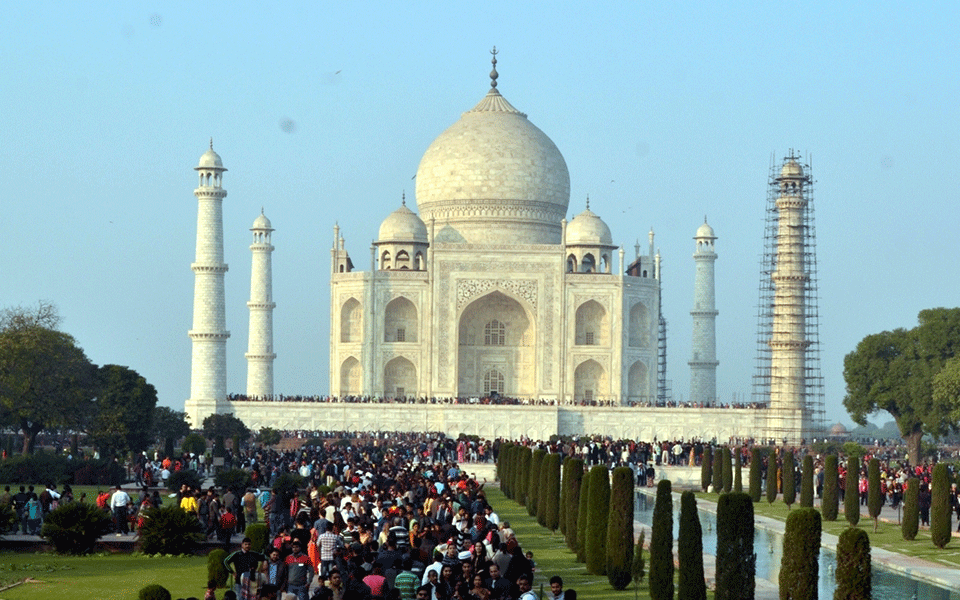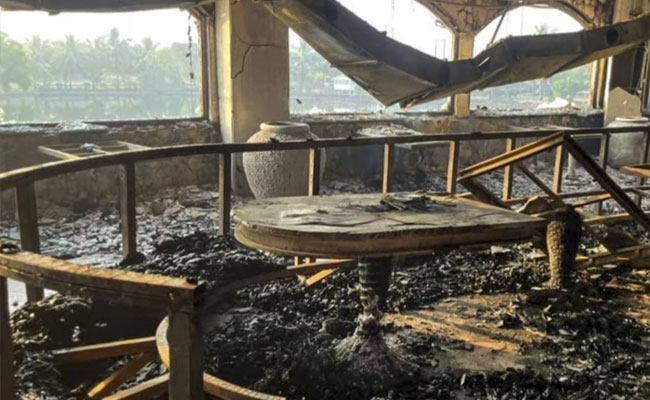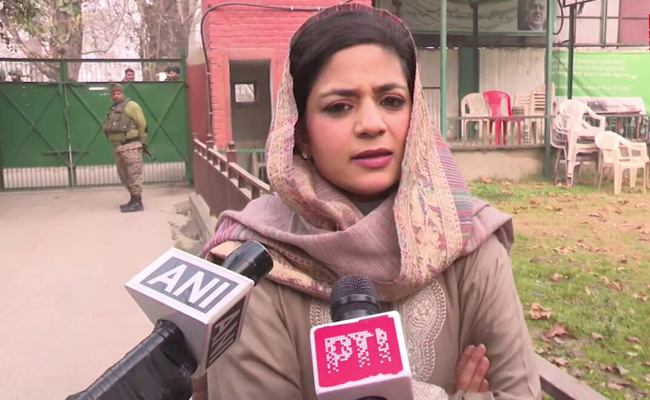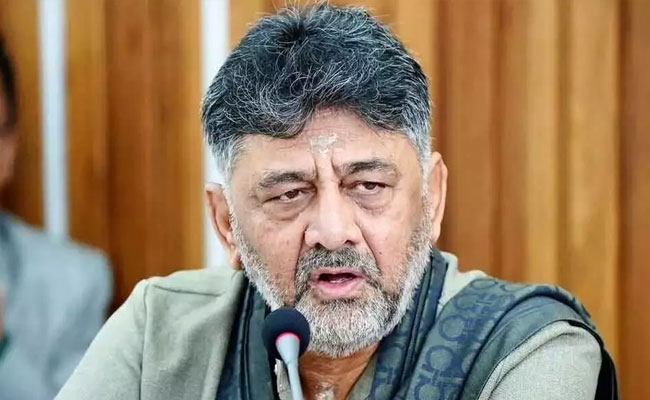New Delhi, July 11: The Supreme Court on Wednesday came down heavily on the Centre and the Archaeological Survey of India (ASI) for not being able to protect the iconic Taj Mahal, asking to "shut it down" or "demolish or restore" the Mughal structure.
The apex court was unhappy as the Uttar Pradesh government failed to come out with a vision document to protect the Taj Mahal.
A bench of Justice Madan B. Lokur and Justice Deepak was upset with the authorities for not taking any step to preserve the Taj Mahal and said its "sheer lethargy" on the part of the authorities.
"There is absolutely no willingness to protect the Taj Mahal. Pristine beauty of Taj Mahal has to be protected. You can shut down the Taj Mahal it demolish it. Restore it if you want or demolish it if it has to be demolished," said the bench.
The court said the Taj Mahal is more beautiful than the Eiffel Tower and could have solved the country's foreign exchange problem.
"There is the Eiffel Tower in Paris. Perhaps it is nothing compared to Taj Mahal. Our Taj Mahal is more beautiful. 80 million go to watch Eiffel Tower which looks like a TV Tower. This is eight times more than what we have. If you had looked after it, your foreign exchange problem would have been solved.
"Do you realise the loss caused to the country due to your apathy?," observed the bench.
The Uttar Pradesh government had earlier told the bench that it would place before the court a draft of vision document on protection and preservation of the Taj Mahal that was built by Emperor Shah Jahan in memory of his beloved wife Mumtaz Mahal.
Saying it would hear the case next on July 31 on a day-to-day basis, the bench told the Central government to furnish full details of the steps taken and action it intends to take for protecting the Taj Mahal along with time-frame and responsibility and accountability of the departments concerned.
During the hearing, the bench said that there was a report of the Parliamentary Standing Committee, which dealt with the effects of pollution on Taj Mahal, but the authorities have not bothered to take appropriate steps on the issue.
The Central government submitted that the Indian Institute of Technology, Kanpur was conducting an assessment of air pollution level in and around the Taj Mahal and Taj Trapezium Zone (TTZ) and the report would be given within four months.
The court also sought personal appearance of the chairman of Taj Trapezium Zone (TTZ) -- a 10,400 sq km area spread over the districts of Agra, Firozabad, Mathura, Hathras and Etah in Uttar Pradesh and Bharatpur in Rajasthan -- to explain violation of its orders prohibiting expansion of industrial units in the zone.
The Uttar Pradesh government had said it was also trying to take care of the environment around the structure so that the historic monument could be there for another 400 years and not just for a generation.
The court has been hearing a plea filed by environmentalist M.C. Mehta seeking protection of the Taj from the ill-effects of polluting gases and deforestation in and around the area.
Let the Truth be known. If you read VB and like VB, please be a VB Supporter and Help us deliver the Truth to one and all.
Bengaluru (PTI): A five-year-old boy was injured after he was allegedly kicked by a neighbour while playing near his uncle’s house, police said on Friday.
The incident occurred in Thyagarajanagar on December 14.
CCTV footage of the incident showed the child, identified as Neev Jain, playing badminton with other children outside the house when a man approached him from behind and suddenly kicked him.
The impact caused the boy to fall to the ground. The man was then seen casually walking away from the spot without offering any help or showing concern, the footage showed.
Police said a preliminary inquiry revealed that the accused is suffering from a mental health disorder and is undergoing treatment.
According to police, in her complaint, the boy’s mother, Deepika Jain, stated that she had visited her elder brother Manoj’s house on December 14.
At around 1.10 pm, while her son was playing with other children near the house, a resident of the neighbouring house, identified as Ranjan, allegedly kicked the child without provocation.
As a result, the boy fell and sustained bleeding above the eyebrow and abrasions on his hands and legs, she said.
Based on the complaint, a case was registered under Section 115(2) (voluntarily causing hurt) of the Bharatiya Nyaya Sanhita. The accused was arrested and later released, a senior police officer said.
A five-year-old boy was injured after a passerby kicked him while he was playing near his grandmother's house in Bengaluru's Thyagarajanagar.
— IndiaToday (@IndiaToday) December 19, 2025
More details in the video#Bengaluru #Child #Playing #IndiaTodayShorts pic.twitter.com/K8DkVT7AKD





